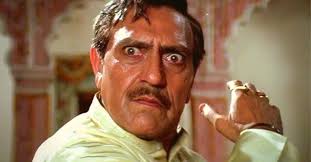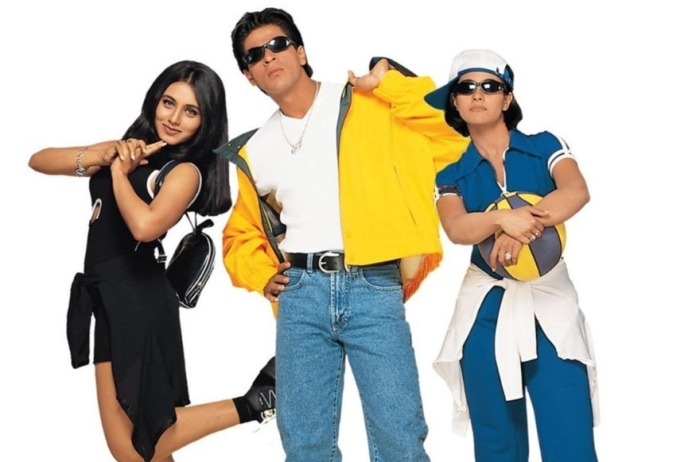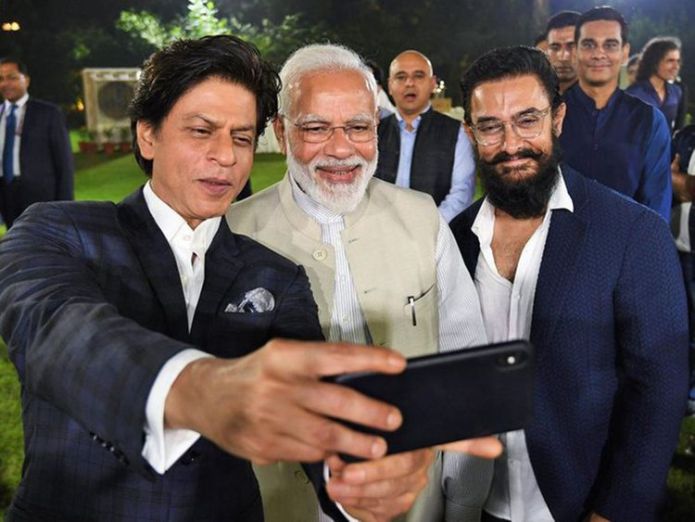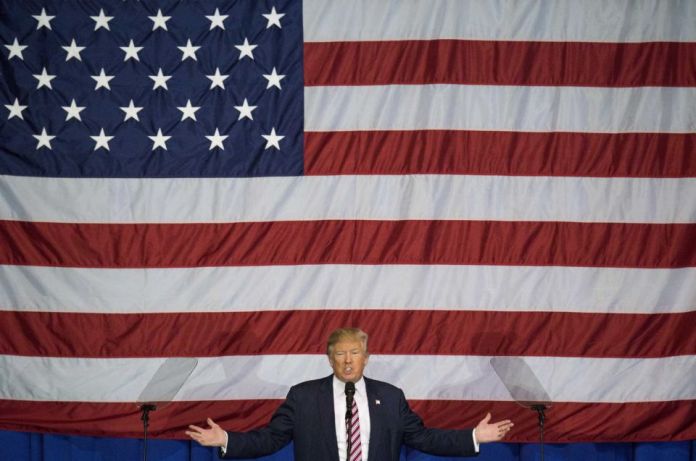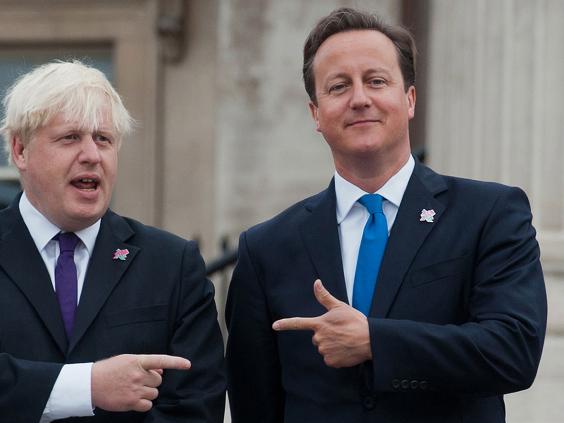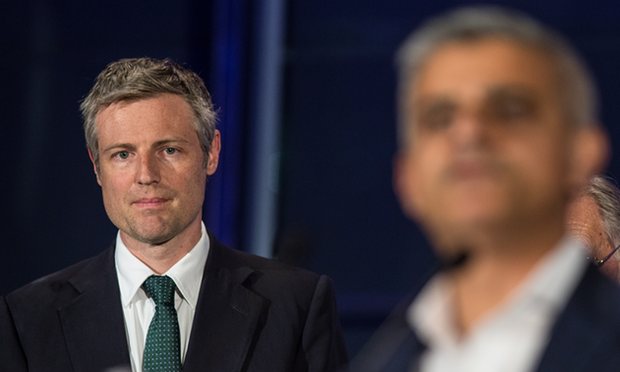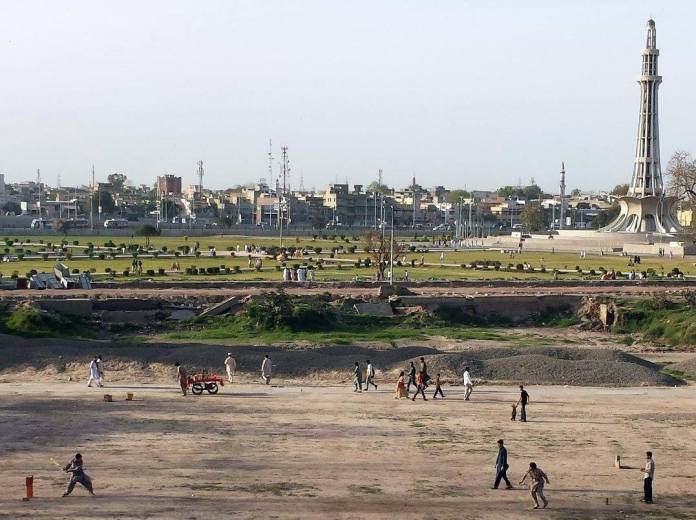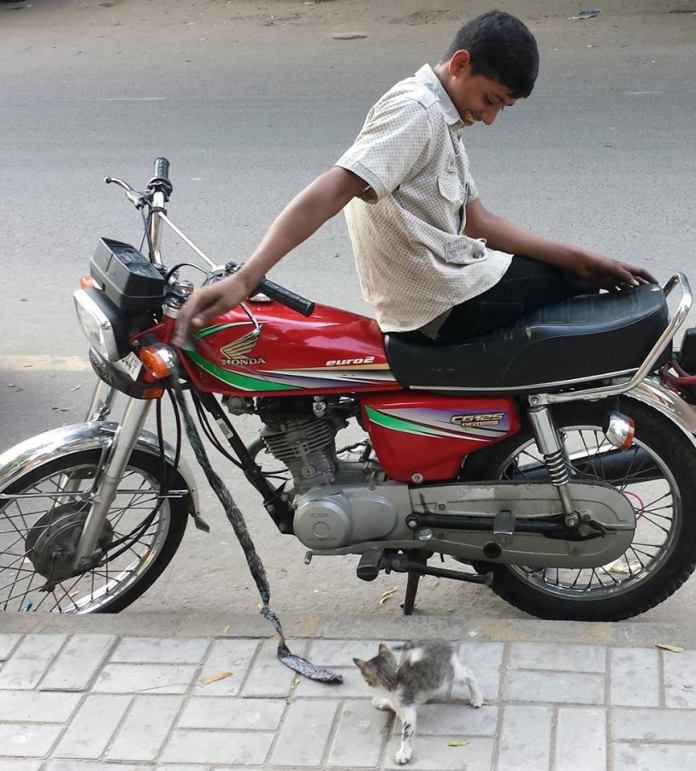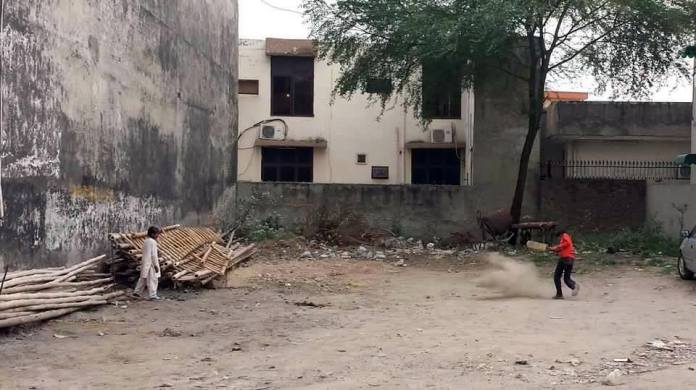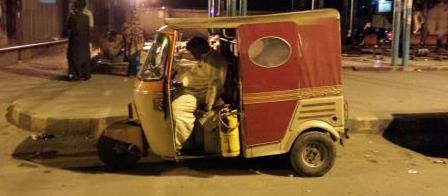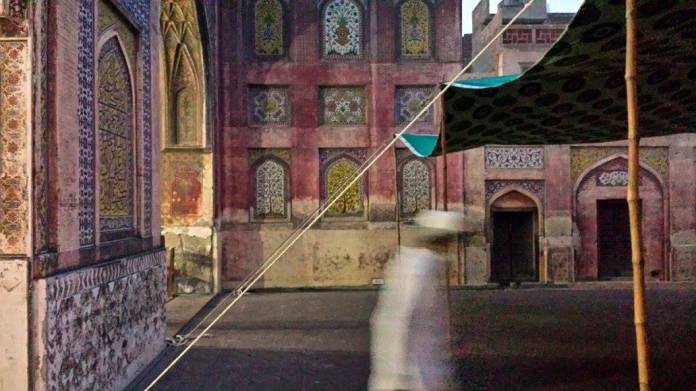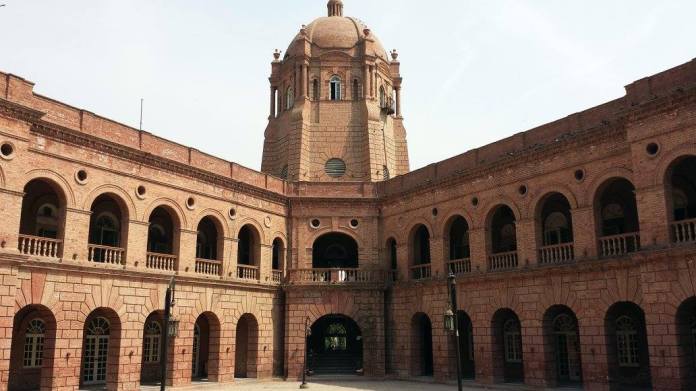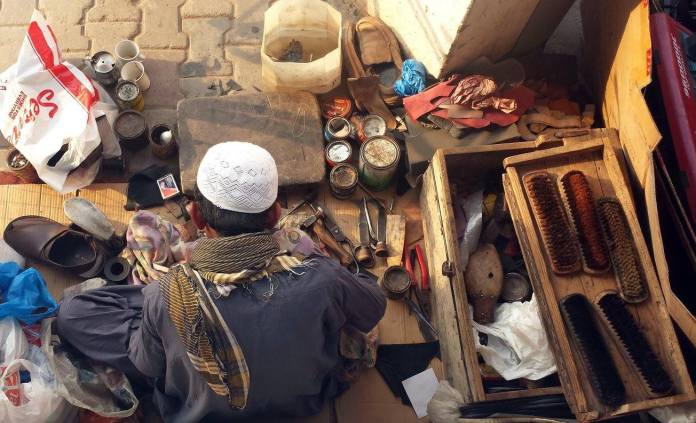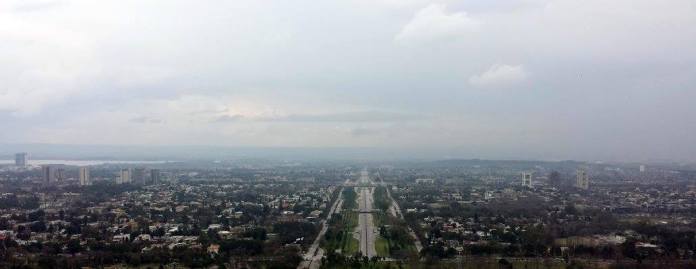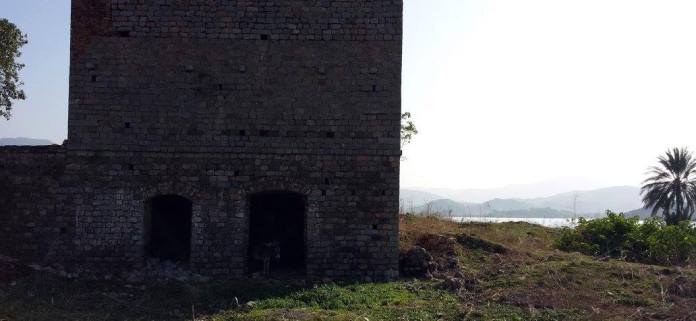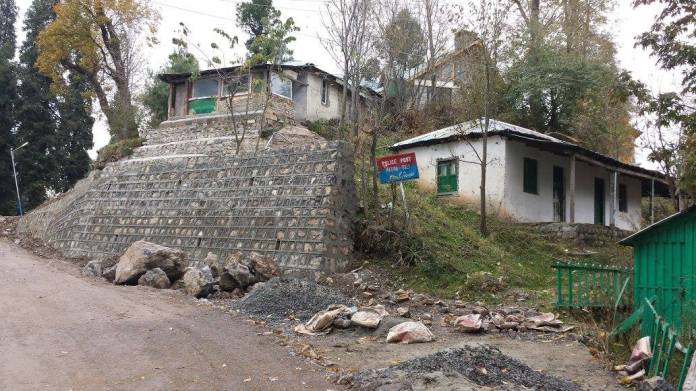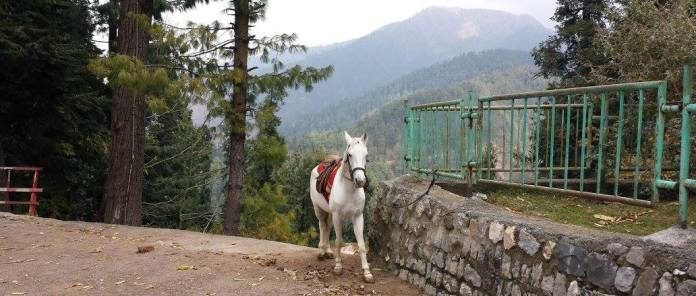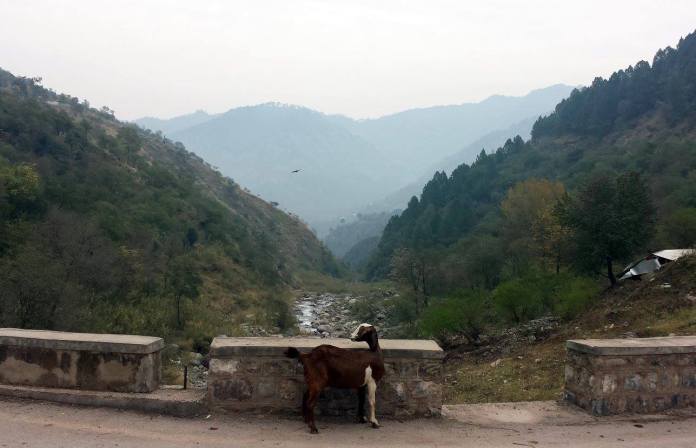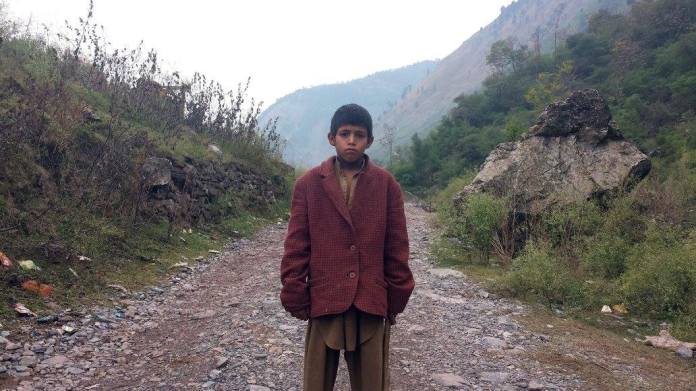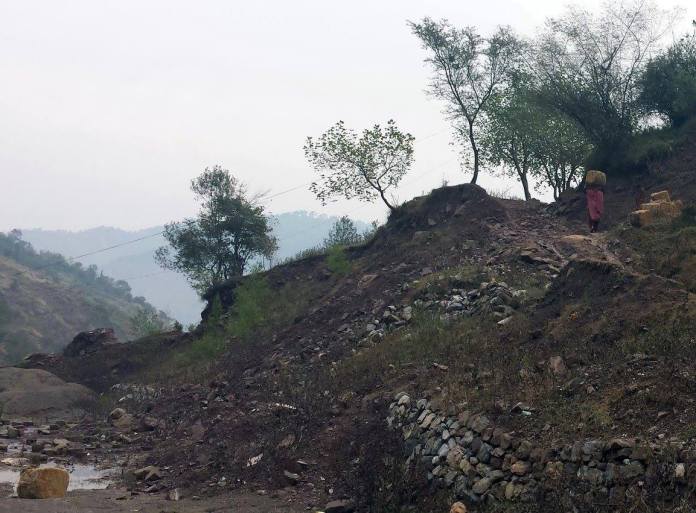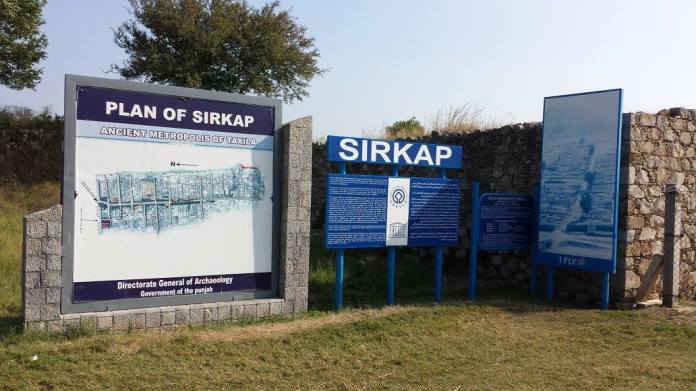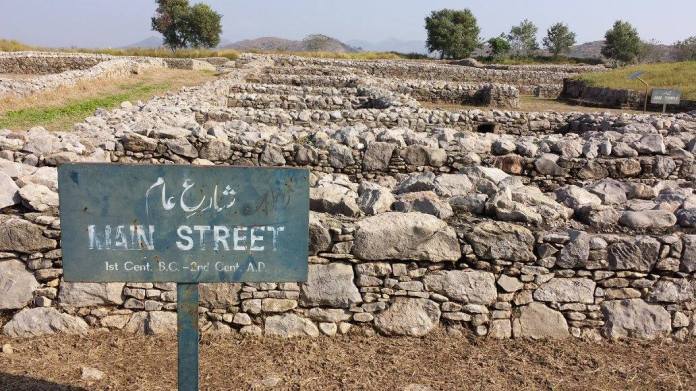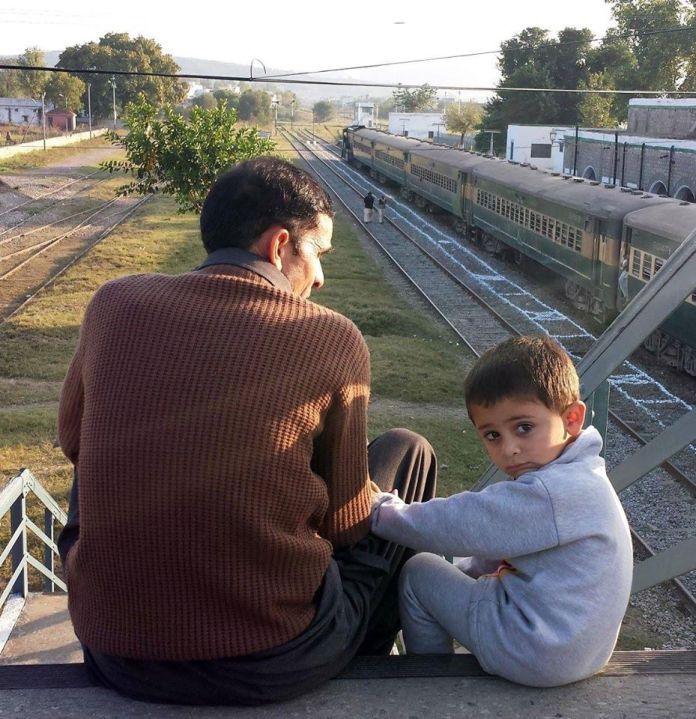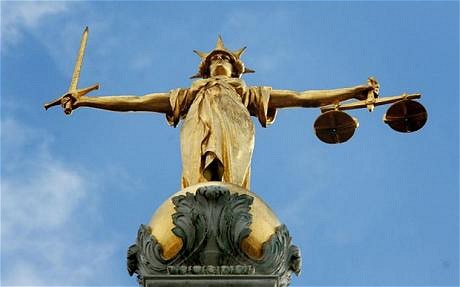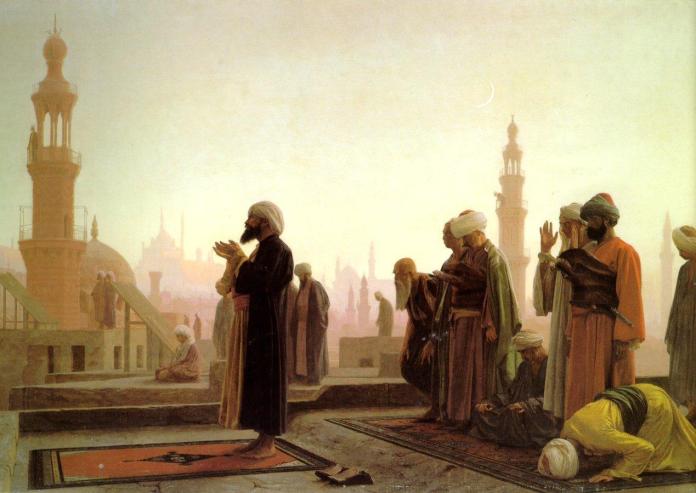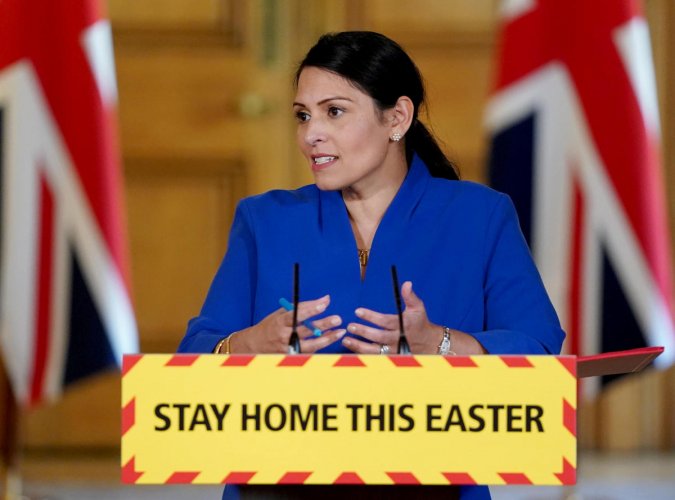
She strides confidently towards the centre podium. Shoulders upright, chin held aloft, signature smirk cocked and locked.
“Good afternoon. Welcome to Downing Street for the government’s daily press conference on Coronavirus.”
She shoots her signature smirk at the audience before introducing the person on her left and then the person on her right.
She is composed, determined and unapologetic from the outset.
~
Priti Patel is Britain’s first Home Secretary of Indian origin. Her family are originally from Tarapur in the state of Gujarat but migrated to Uganda. They were left penniless and homeless after Idi Amin’s regime ordered the expulsion of his country’s Asian minority.
Sushil and Anjana Patel, Priti’s parents, fled to the UK where they set up a chain of successful convenience stores. Priti was born in London on 29 March 1972 and went on to attend the prestigious Watford Grammar School before studying Economics at Keele University.
(Fun fact: Spice Girl Geri Halliwell was in the year above Patel at Watford Grammar School.)
Patel began her career lobbying for the tobacco and alcohol industries before switching to politics.
~
Her notes read ‘Three hundred and thirty-four thousand, nine hundred and seventy-four’. This is the disappointingly low number of Covid-19 tests carried out in the UK as of Saturday 11 April 2020.
“The number of Covid-19 tests carried out in the UK: Three hundred thousand, thirty-four, nine hundred and seventy-four…thousand…”
She remains composed, determined and unapologetic, despite the blunder.
~
Patel’s role model growing up was Margaret Thatcher, from whom she has derived her classically conservative political instincts.
She was appointed International Development Secretary in July 2016. Her elevation to the post was controversial given her earlier comments that the department – which is responsible for overseas aid and the elimination of global poverty – should be replaced with another department focused more on trade with poorer nations. Sources within the department reported that her priority was protecting British taxpayers, in true Thatcherite fashion.
In August 2017, whilst on a “private holiday” in Israel, Patel held illegal meetings with Israeli officials without telling the Foreign Office. She was accompanied by Lord Polak, honorary president of Conservative Friends of Israel (CFI). Her covert summer trip was seen by some as a gift to Israelis seeking to influence British foreign policy.
~
She digs her heels deeper and deeper into the ground as she tries desperately to hide her utter contempt at being asked – for a third time – if she would apologise for the lack of personal protective equipment being provided to healthcare workers on the frontline of the battle against the Coronavirus. Through gritted teeth she finally concedes:
“I’m sorry *if* people feel that there have been failings.”
The ultimate non-apology as – even when pushed – she remains unwaveringly unapologetic. Government officials are never ones to admit their mistakes and Priti Patel is as unapologetic as they come.
~
Charges of incompetence and allegations of bullying have followed Patel’s political career.
Boris Johnson’s choice of Patel as Home Secretary had left some at the centre of the party quite perplexed. Among peers she has a poor reputation as a minister, with officials whispering that she was not intellectually up to scratch.
But she is a fierce Brexiter and her hard-line politics have got her this far (to the centre podium!). She has built her reputation as being tough on criminals and illegal immigrants, with striking views on the death penalty, thus appealing to a core base of Tory voters.
~
Patel has been embroiled in a furious row with MPs over when she will answer questions in front of the Home Affairs Select Committee. She is said to have turned down four invitations to appear in front of the committee since January.
Her last public appearance is thought to have been Home Office questions in the House of Commons in mid-March. In the days and weeks leading up to her eventual appearance at the daily press conference on Coronavirus on 11 April, Downing Street were under pressure to explain her somewhat startling absence.
~
“Home Secretary, where have you been for the last three weeks?”
This causes more of a smile than a smirk. She is ready for this one.
“I’ve been in the Home Office working virtually every single day on a range of policy areas.”
Chief among these policies is her new points-based immigration system.
~
Under the new rules, those earning under £25,000 per year will be deemed “low skilled” and thus denied entry to the UK (unless the government deems there to be a shortage in a particular sector). This includes those looking for work as nurses, paramedics and almost certainly Patel’s own parents.
Indeed, Patel was chillingly unapologetic when conceding on LBC Radio that her parents would probably be denied entry to the UK under her new immigration rules.
She has also ignored pleas from charities to take children from Greek camps (who have already been accepted into the UK) as refugees joining their family but who are trapped in the current travel chaos.
And despite the global health emergency caused by the Covid-19 outbreak, Patel has pressed ahead with her changes to the immigration rules.
~
To some she is the heroine of right-wing conservative politics, with unreconstructed Thatcherite views. To others she is a villain, evil smirk and all.
Her dogged insistence on furthering the government’s “hostile environment” toward migrants and refugees – even in a global health emergency – certainly paints a chilling picture of a callous Westminster villain.

